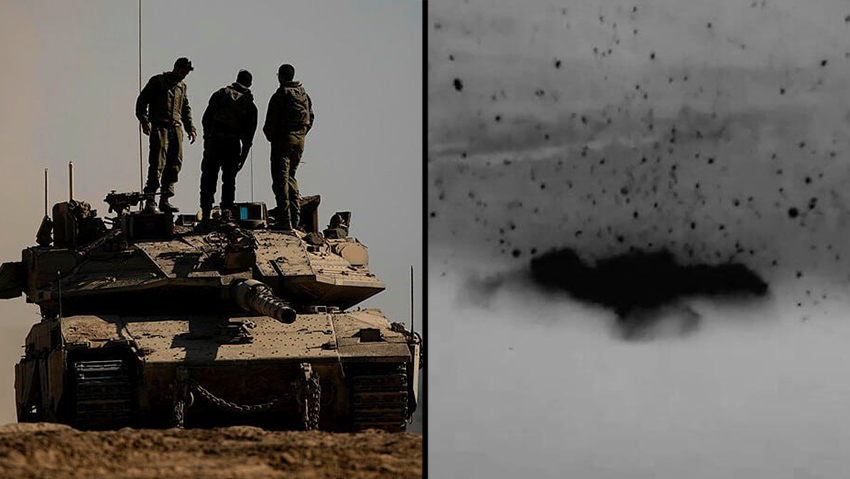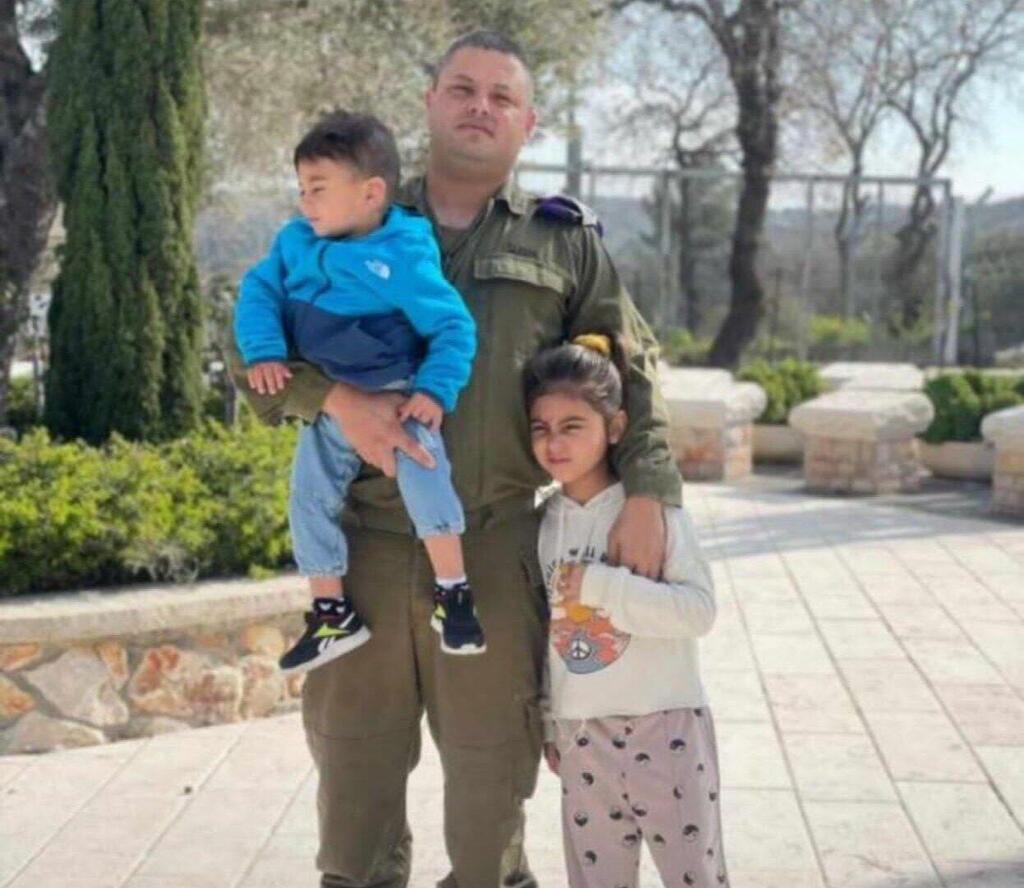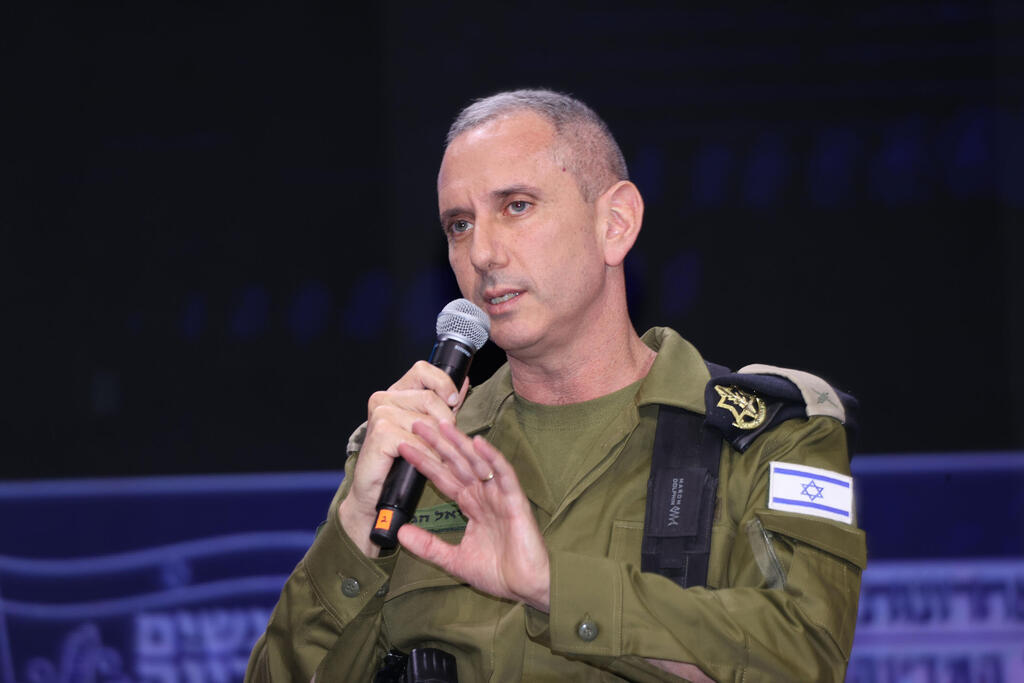IDF eliminates terrorist cell trying to infiltrate Israel from Rafah
(Video: IDF Spokesperson's Unit)
An attempted infiltration by terrorists from the Gaza Strip, who emerged from a tunnel shaft 200 yards from the border and killed IDF tracker Sergeant Major Zeed Mazarib in a firefight, has reignited concerns among residents of the Gaza border area.
This incident occurs amid the state's and military's efforts to encourage residents to return to their homes, with evacuation centers for those who have not yet returned set to close early next month. Authorities maintain there are no security obstacles preventing residents from returning.
However, statements alone do not align with reality, and around 4 a.m. Thursday, lookouts detected suspicious movement in the heavy fog in Gaza, opposite Kerem Shalom and Holit. They raised an alert for a potential infiltration and mobilized the Bedouin Reconnaissance Unit responsible for the sector. The forces conducted searches and at 5 a.m. encountered the terrorists, who had emerged from the tunnel shaft armed with light weapons and anti-tank missiles.
The firefight between IDF forces and the terrorists lasted several minutes, resulting in the death of Sergeant Major Mazarib. An Air Force drone, redirected to monitor the group, attacked and killed two terrorists. A third terrorist was killed shortly afterward by tank fire, while one managed to escape back to Rafah.
Thursday’s incident is one of the most severe near the Gaza border since the October 7 clashes. However, in recent weeks, IDF forces from the Gaza Division have detected an increasing number of infiltration attempts by Palestinian suspects, primarily from the Khan Younis area where ground operations ended about two months ago. In most cases, the attempts are thwarted within approximately one kilometer of the border, thanks to observation posts and ambushes, typically resulting in the suspects' deaths.
The incident has further undermined the sense of security among Gaza border residents, already fearful after the October 7 massacre. It highlights the ongoing threat of infiltrations from the Gaza Strip, even after eight months of warfare.
Additionally, rocket fire from Gaza has not completely ceased. Several hours after the border incident, red alert sirens were heard in southern border communities, and one rocket was crashed in an unpopulated area.
Residents also express frustration over the lack of real-time updates to community security coordinators about the infiltration attempt. Eshkol Regional Council head Gadi Yarkoni has demanded that Gaza Division Commander Brig. Gen. Avi Rosenfeld expedite the investigation and improve communication with local security officials who were not informed during the incident. Yarkoni has scheduled an urgent meeting with council security officers and the division commander to ensure such lapses do not recur.
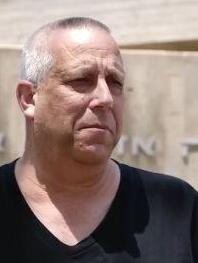 Eshkol Regional Council head Gadi Yarkoni Photo: Yaron Sharon
Eshkol Regional Council head Gadi Yarkoni Photo: Yaron Sharon"While the IDF responded quickly and eliminated the terrorists, preventing a larger event, I, as a security official, was not informed and had no action to take,” a security coordinator in Eshkol told Ynet.
“This should not be the case. If something happens, we need to be the first to know, update the residents, and prepare accordingly, as there could be a coordinated infiltration attempt from multiple sectors. Defending the communities falls on us and the alert squads. We must be kept in the loop constantly during and after the war."
Residents are clearly worried. Tom Dannenberg, an evacuee from Kibbutz Nahal Oz, expressed his anger, saying, "As far as the IDF and its spokesperson are concerned, nothing has changed. They are still stuck in October 6th mode—deep in secrecy, lies and the flawed concept that led to Black Saturday. They continue talking about fortifications, walls, cameras, fences, alert squads, security components and shelter locks, but not about real security.
 Tom Dannenberg
Tom Dannenberg"Meanwhile, they encourage residents to return to border communities without revealing the true insecurity in the area. We are done being suckers; we have stopped believing the lies the army and its leaders are selling us. We have no trust in the government or its leaders—we will not tolerate the lies and concealment."
Criticism of Rafah operation and IDF response
Geula Rabbi from Kerem Shalom commented on the recent border incident, saying, "This proves to all of us that there is still an existential threat to the Gaza border communities, particularly Kerem Shalom." She added, "We continue to demand intensified combat in Rafah. We will not return home until the threat is completely eliminated."
Criticism of the IDF’s conduct is also emerging from within the military. Thursday night, IDF Spokesperson Daniel Hagari responded sharply to criticism from Colonel (res.) Hezi Nechama, voiced in an interview with Ynet military correspondent Yossi Yehoshua.
Nechama, who leads the IDF’s reserve officer training course, argued that the current military strategies "will not lead to victory," accused the General Staff of being "disconnected from the field," and criticized the operation in Rafah.
Hagari, responding to Ynet’s questions about Nechama’s harsh comments, raised his voice and said, "We are fighting a multi-front war, dealing with Hezbollah in the north, defending our airspace and fighting in Gaza for eight months."
Hagari added, "It takes time to deal with Hamas, and anyone who says otherwise is deluding the public. Rafah is one of the most complex areas in the Middle East, if not the world. It had 1.4 million residents— the IDF evacuated over a million civilians. This is an unprecedented event globally. Now we are operating within the Rafah area, which is crucial as it is Hamas' lifeline. We are destroying tunnels and underground infrastructures."
While the IDF acknowledges that the fighting in Gaza will continue for a long time, with no end in sight, in four weeks, the state will stop funding the stay of some residents from the Gaza border communities, and they will be required to return home.
According to the IDF, there is "no security obstacle" preventing their return. Along with them, 2,100 residents of Sderot, currently staying in hotels, and thousands more in alternative housing and rentals are also expected to return.
Several communities scheduled to return home in the first week of July are requesting the state extend their funded stay for a few more months, citing that the sounds of war are still audible, causing anxiety among children.
The recent border incidents are not encouraging. Communities that have already announced they do not intend to return include Kibbutzim Mefalsim, Zikim, Sufa and Nir Am. They have appealed to Brig. Gen. (res.) Moshe Edri, head of the Tkumah administration, who is examining the issue and awaiting responses from the Finance Ministry.
IDF chief in Gaza border area: ‘Respond quickly and decisively to infiltration attempts’
Amid the recent border incident, the IDF announced that Chief of Staff Herzi Halevi met with soldiers of the Netzah Yehuda Battalion of the Kfir Brigade stationed in the Gaza border area. He emphasized the importance of their operations in the region.
4 View gallery
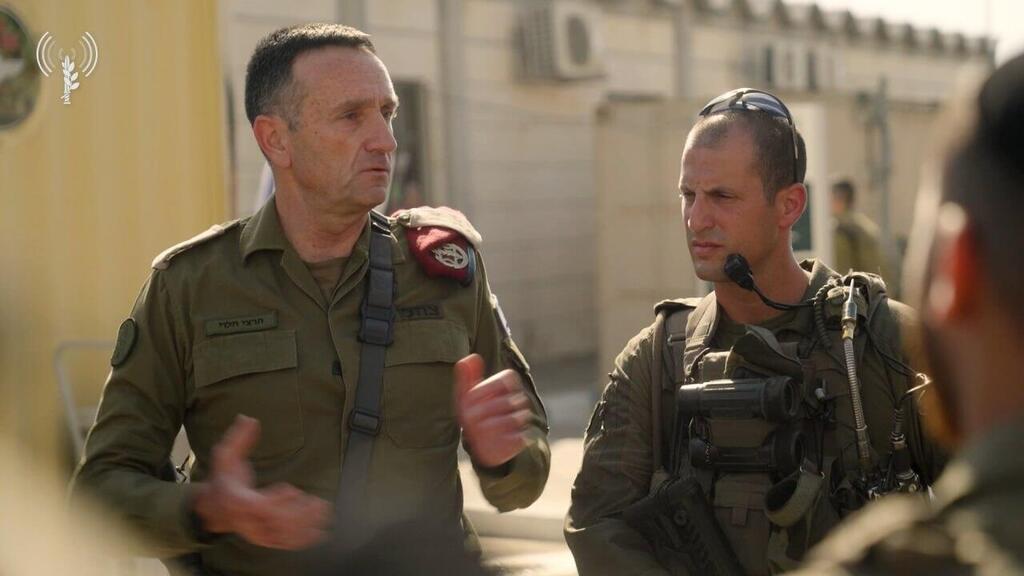

IDF chief Herzi Halevi meets with soldiers of the Netzah Yehuda Battalion of the Kfir Brigade stationed in the Gaza border area
(Photo: IDF Spokesperson's Unit)
"I want to talk to you about two missions," Halevi said. "The first mission is to protect the communities here. You have nearby settlements, you have a nearby city, with a very significant responsibility to defend the border area, maintain a very secure environment, prevent enemy infiltration, and ensure no one crosses or approaches the fence. When there is an infiltration attempt, respond quickly, decisively and professionally. Prevent enemy infiltration and provide a great deal of security to the residents here."
Halevi also addressed the issue of ultra-Orthodox recruitment, saying, "the IDF needs more soldiers today. We want you to see that it is possible to be an ultra-Orthodox soldier, to study and to defend the security of the state. Continue to do good, protect the residents here, and be pioneers as ultra-Orthodox fighters, each in your own way. We will strengthen the battalion and ensure you progress, become stronger and prove that this is the right path."






